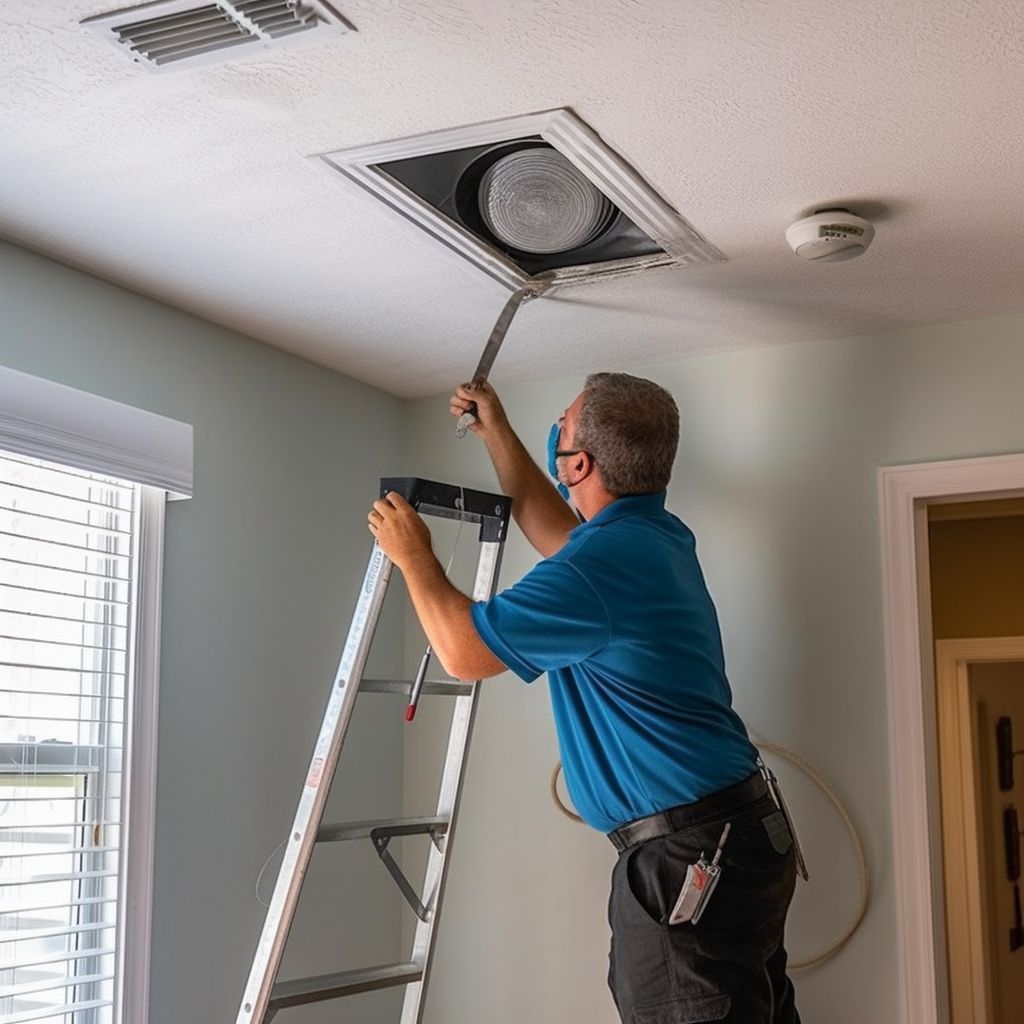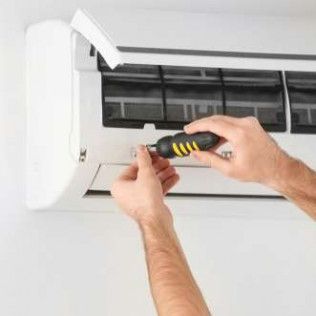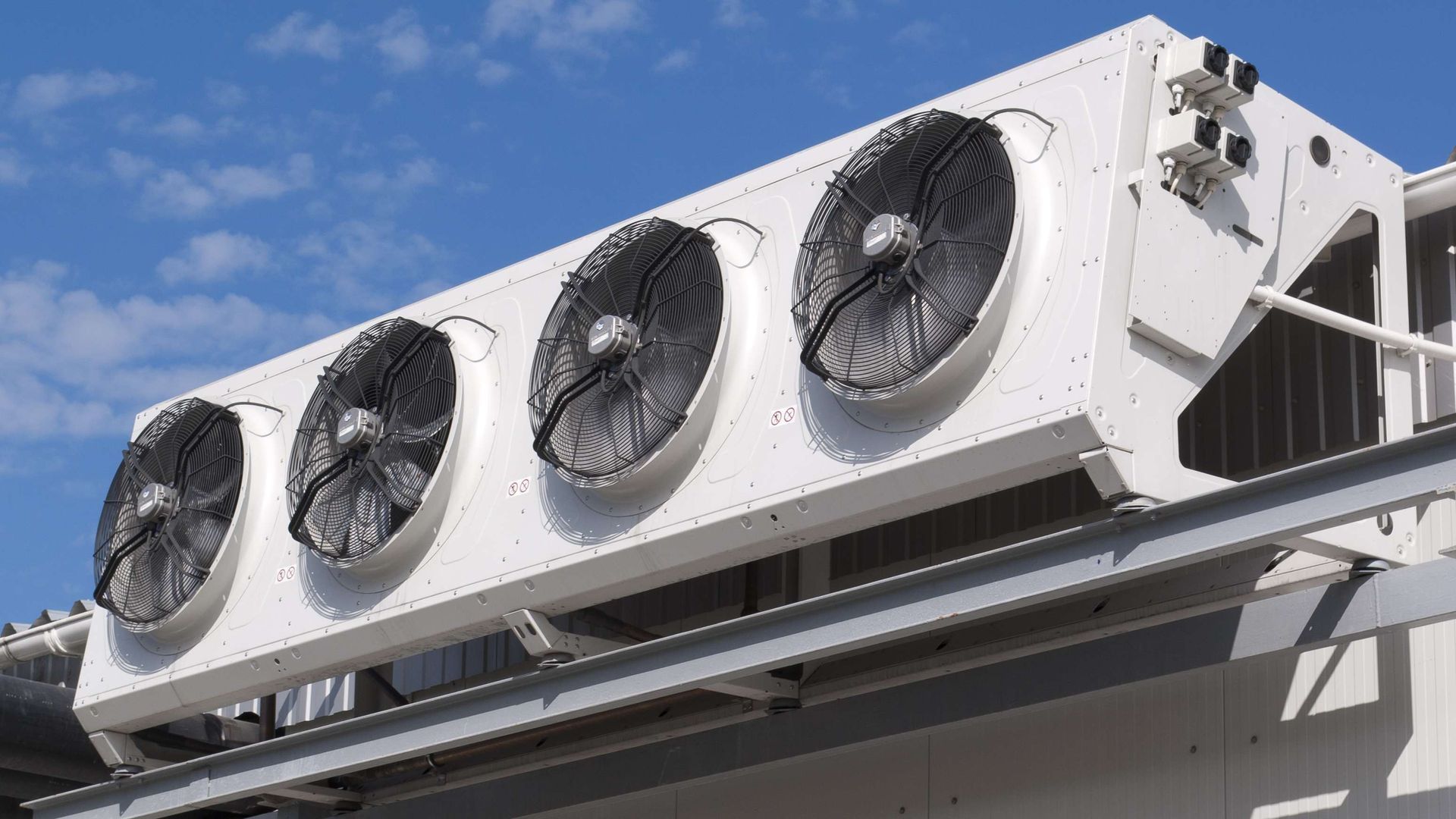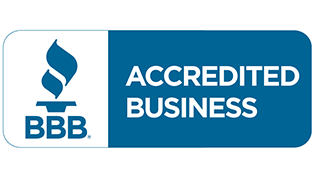As winter temperatures set in, it’s important to make sure your heating system is in good working order. One of the best ways to do this is by scheduling a heating tune-up. In this blog post, we’ll explain what a heating tune-up includes, why it’s important, and how you can benefit from regular maintenance.
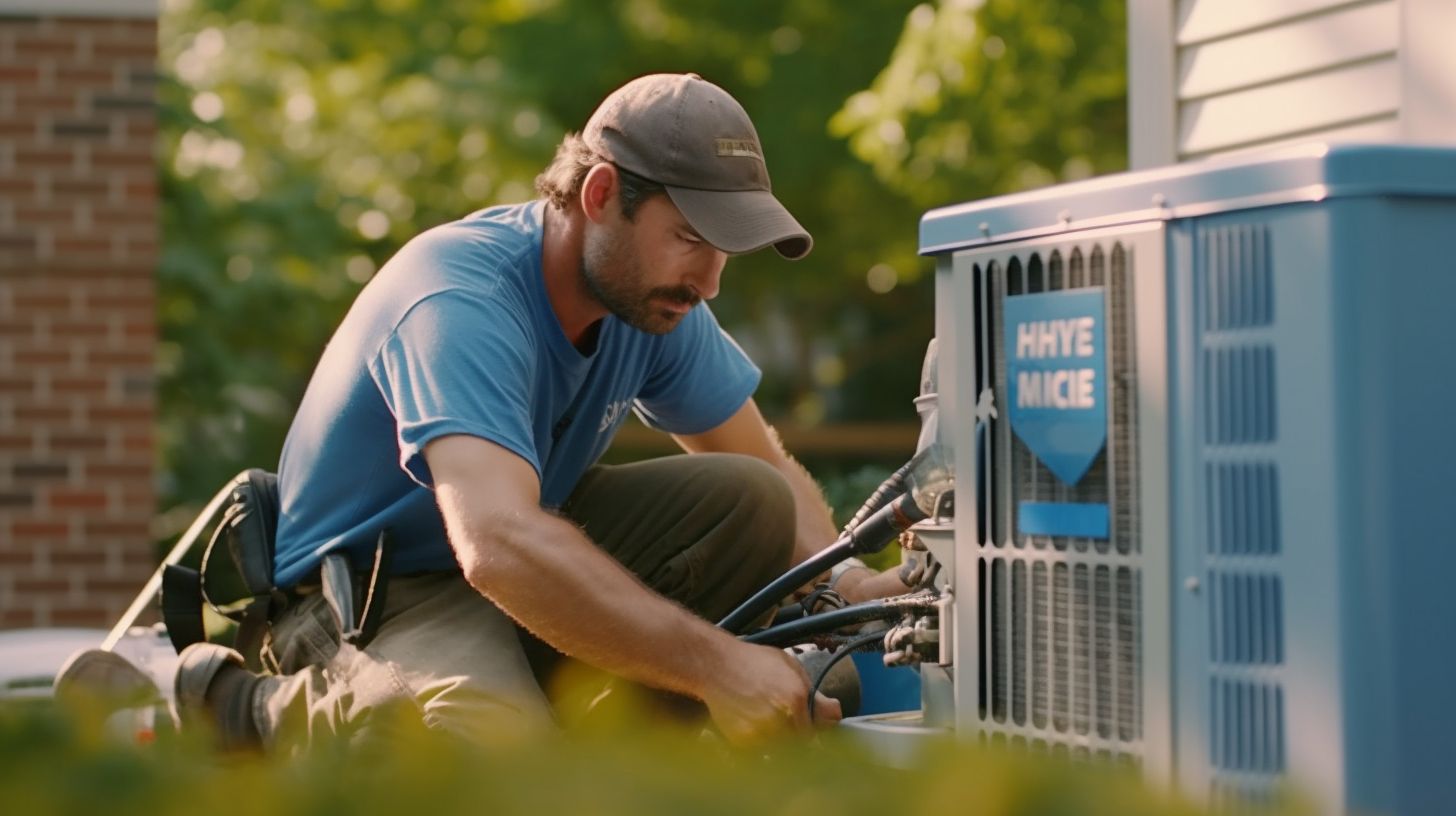
What is a Heating Tune-Up?
A heating tune-up is a comprehensive maintenance service designed to ensure that your furnace or boiler is operating efficiently and safely. During a tune-up, a licensed HVAC technician will inspect and clean various components of your heating system, including the furnace or boiler, ductwork, and thermostat.
What Does a Heating Tune-Up Include?
The specific tasks performed during a heating tune-up may vary depending on the age and condition of your heating system. However, typical tasks include:
- Inspection of furnace or boiler components: This includes checking the heat exchanger, burners, pilot light, and other parts for signs of wear or damage.
- Cleaning and replacement of filters: Dirty filters can reduce airflow and make your system work harder than it needs to. Your technician will clean or replace your filters as needed to ensure optimal efficiency.
- Checking thermostat calibration: Your thermostat is the control center for your heating system. Your technician will make sure it’s calibrated correctly so that your system is providing the desired level of comfort.
Assessment of overall system performance: Your technician will measure airflow, check for leaks in ductwork, and evaluate the overall efficiency of your system.
Why is Regular Maintenance Important?
There are several reasons why regular heating tune-ups are important:
- Improved energy efficiency: A well-maintained heating system will operate more efficiently, using less energy to provide the same level of warmth. This can result in lower utility bills and a reduced carbon footprint.
- Increased comfort and safety: A properly functioning heating system will keep your home at a consistent temperature, providing greater comfort for you and your family. Additionally, a heating tune-up can identify potential safety hazards, such as carbon monoxide leaks, before they become a serious problem.
- Longer lifespan for your heating system: By keeping your system clean and well-maintained, you can help extend its lifespan and avoid costly repairs down the road.
- Prevention of breakdowns and costly repairs: Regular maintenance can catch small problems before they turn into bigger issues that require expensive repairs.
When Should You Schedule a Heating Tune-Up?
Most HVAC professionals recommend scheduling a heating tune-up once a year, ideally before the start of the winter season. However, you may need to schedule more frequent tune-ups if your system is older or experiences heavy use. If you notice any of the following signs, it’s a good idea to schedule a service appointment:
- Unusual noises or odors coming from your system
- Poor airflow or inconsistent temperatures throughout your home
- Higher-than-normal utility bills
- Reduced indoor air quality
How to Hire a Professional for a Heating Tune-Up
When selecting an HVAC professional to perform your heating tune-up, look for someone who is licensed, insured, and experienced in working with your particular type of heating system. Your technician should be willing to explain the process and answer any questions you have. Be sure to ask about the cost of the service and any potential savings you may be able to realize as a result of improved efficiency.
DIY Tips for Maintaining Your Heating System
In between heating tune-ups, there are several things you can do to help keep your system running smoothly. These include:
- Changing filters regularly: Check your filters monthly and replace them as needed. This can help improve efficiency and air quality.
- Keeping components free of debris and dust: Clean around your furnace or boiler regularly to prevent buildup of dust and debris that can reduce airflow and make your system work harder.
- Adjusting thermostat settings: Set your thermostat to the most energy-efficient temperature that’s comfortable for your household. You can also program your thermostat to automatically adjust based on your schedule.
Frequently Asked Questions about Heating Tune Up
What happens if I skip a heating tune-up?
Skipping a heating tune-up can increase the risk of breakdowns, reduce energy efficiency, and compromise indoor air quality. It can also lead to costly repairs and potentially dangerous situations, such as carbon monoxide leaks.
What are the benefits of a heating tune-up?
Regular heating tune-ups can improve energy efficiency, increase comfort and safety, extend the lifespan of your heating system, and prevent breakdowns and costly repairs.
Can a heating tune-up improve indoor air quality?
Yes, a heating tune-up can improve indoor air quality by ensuring that your filters are clean and your system is operating at peak efficiency. This can help reduce the amount of dust, allergens, and pollutants in your home.
What happens if my heating system fails during a tune-up?
While rare, if your heating system fails during a tune-up, the technician will typically diagnose the problem and provide you with options for repair or replacement. In some cases, the technician may be able to fix the issue on the spot, while in other cases, you may need to schedule additional service.
How often should I schedule a heating tune-up?
Most HVAC professionals recommend scheduling a heating tune-up once a year, ideally before the start of the winter season. However, if your system is older or experiences heavy use, you may need to schedule more frequent tune-ups.
Can I perform a heating tune-up myself?
While there are some maintenance tasks you can perform yourself, such as changing filters and cleaning around the unit, it’s recommended to leave the more technical tasks to a licensed HVAC professional.
Final Thoughts
Regular heating tune-ups are an essential part of maintaining a safe, efficient, and comfortable home during the winter months. By working with a licensed HVAC technician and performing regular maintenance tasks, you can ensure that your heating system is running at peak performance and minimize the risk of costly breakdowns and repairs.
Don't wait until the cold weather arrives to schedule your next heating tune-up. Contact Hill Heating and Air or a licensed HVAC professional today to ensure that your system is operating at peak performance and to minimize the risk of costly breakdowns and repairs. And if you notice any issues with your system's performance, don't hesitate to reach out to Hill Heating and Air for prompt service and expert advice. With Hill Heating and Air, you can trust that your home's comfort and safety are in good hands.
Contact Us
Contact Us
We will get back to you as soon as possible.
Please try again later.
HILL HEATING & AIR, LLC
South Jordan, UT 84095
CALL US
Phone: (801) 860-0655
HOURS | 24/7 AFTER HOURS AND WEEKENDS
- Mon - Fri
- -
- Sat - Sun
- Closed
HILL HEATING & AIR, LLC
Salt lake city , UT 84130 United States of America
CALL US
Phone: (801) 860-0655
HOURS | 24/7 AFTER HOURS AND WEEKENDS
- Mon - Fri
- -
- Sat - Sun
- Closed
Copyright © 2023 Hill Heating & Air, LLC, all rights reserved.

